You might encounter various costs when shipping goods, including the Destination Delivery Charge (DDC). Understanding DDC charges in shipping is crucial for managing your shipping budget effectively. DDC charges in shipping refer to the fees that cover the delivery of goods to the final destination after they arrive at a port or distribution center. These charges typically fall on the consignee—the person or company receiving the shipment.
Being aware of DDC charges in shipping helps you anticipate costs and make informed decisions about your shipping strategies. This charge is essential to the overall shipping cost structure and can impact your total expenditure. By familiarizing yourself with these charges, you can better plan and manage your logistics expenses.
Components of Destination Delivery Charge (DDC)
Destination Delivery Charge (DDC) can include several components, each contributing to the overall cost of delivering goods to their final destination. Here are the primary components of DDC:
- Handling Fees: This covers the cost of the shipment once it arrives at the destination port or distribution center. It includes unloading, sorting, and preparing the goods for final delivery.
- Delivery Fees are the cost of transporting the goods from the port or distribution center to the consignee’s address. They vary depending on the distance from the port to the final destination and the type of delivery service used.
- Terminal Handling Charges (THC): THC covers the costs of loading and unloading the shipment at the port or terminal, including using port facilities and equipment necessary to handle the cargo.
- Security Surcharge: This charge covers the costs of security measures for the shipment, such as screening and inspection, to ensure that the cargo complies with safety regulations.
- Customs Duties and Taxes: Depending on the destination country, the shipment might incur additional customs duties or taxes. Customs authorities usually calculate these charges based on the value of the goods, and you must pay them before the delivery can be completed.
- Storage Fees: Storage fees may apply if the shipment needs to be stored at the destination port or distribution center before delivery. This can happen if there are delays or the consignee is not immediately available to receive the goods.
While DDC charges are an added cost, understanding and managing them effectively in FCL shipments from India to the USA can lead to better financial planning, negotiation opportunities, and smoother overall shipping operations.
For comprehensive logistics support, Intoglo provides services designed to streamline your supply chain. With over 50 dedicated warehouses for long-term storage, advanced trans-loading facilities, and expert repackaging and relabeling services, Intglo ensures that your shipments are managed efficiently and effectively from start to finish.
Operational Process of Destination Delivery Charge (DDC)
The operational procedure for Destination Delivery Charges (DDC) typically includes several essential processes to guarantee that charges are appropriately assessed and handled from shipment to delivery. Here’s an overview of each stage:
- Quotation: The process begins with obtaining a quotation from your shipping or logistics provider. This quotation includes an estimate of the DDC charges based on the shipment’s details, such as its destination, weight, and volume. The quotation shows expected costs, including handling fees, terminal handling charges, security surcharges, and other applicable fees.
- Shipment Booking: Once you accept the quotation, you book the shipment. During this stage, you’ll confirm the shipment details, including the type of cargo, destination, and preferred delivery timeframes. The shipping provider will schedule the transport and provide you with a booking confirmation with information about the DDC charges.
- Cargo Arrival: When the cargo arrives at the destination port or distribution center, it is processed for further handling. The arrival triggers the assessment of DDC charges based on the agreed-upon rates and services outlined in the quotation.
- Customs Clearance: Customs must be cleared before the cargo can move beyond the port or distribution center. This involves submitting necessary documentation and paying any applicable customs duties and taxes. Customs clearance is a critical step, as it affects the overall cost and timing of the delivery.
- Inland Transportation: After customs clearance, the cargo is transported from the port or distribution center to its final destination. Inland transportation costs are part of the DDC and can vary depending on the distance, route, and mode used.
- Delivery: The final step is to deliver the cargo to the consignee’s address. Any remaining DDC charges are settled at this stage, and the shipment is handed over to the recipient. Delivery might also include additional services such as unloading and placement.
Understanding each step in the operational process helps you manage and anticipate DDC charges effectively, ensuring a smoother logistics experience from shipment booking to final delivery.
Considerations Regarding Destination Delivery Charge (DDC)
When dealing with Destination Delivery Charges (DDC), several considerations can help you manage costs and ensure smooth operations:
- Transparency: Ensure clear communication from your logistics provider regarding DDC charges. Request a detailed breakdown of the charges to understand what you are paying for. Transparency in pricing helps avoid unexpected costs and facilitates better budgeting.
- Documentation Compliance: Ensure that all necessary documentation is accurate and complete. Proper documentation, including customs paperwork and delivery receipts, prevents delays and additional charges. Compliance with documentation requirements helps streamline the clearance process and avoids potential fines or rejections.
- Risk Management: Manage risks by anticipating potential issues affecting DDC charges. Prepare for unexpected delays or additional fees by maintaining a buffer in your budget. Regularly review your logistics processes and stay informed about regulation changes that could impact DDC costs.
- Choosing the Right Logistics Partner: Destination operations, particularly for deliveries to the USA, can be complicated. Choosing the right logistics partner with expertise in destination deliveries is crucial to ensure that your goods are delivered efficiently and within the required timeframe. Intoglo, with its expertise in handling deliveries to the USA, offers efficient, reliable services that can help you navigate the complexities of destination operations and ensure timely deliveries.
By addressing these considerations proactively, you can manage DDC charges effectively and enhance your overall logistics efficiency.
Application of Destination Delivery Charge (DDC)
The application of Destination Delivery Charges (DDC) involves several factors that can influence how these charges are applied and managed:
Separate Line Item
DDC charges often appear as a separate line item on your invoice. Treating them as distinct cost items helps you track and manage them more effectively. Ensure that the invoice itemizes the DDC so you can understand and verify each charge component.
Destination Location
The cost of DDC varies based on the destination location. Charges generally increase with the distance from the port or distribution center to the final destination. Consider the location carefully when planning shipments, as it affects the overall delivery cost.
Cargo Type
Different types of cargo can incur different DDC charges. For instance, oversized or hazardous materials may attract higher fees due to special handling or security requirements. Clearly define your cargo type when booking shipments to get an accurate estimate of DDC.
Carrier Policies
Each carrier may have different policies regarding DDC. Review the policies of your chosen carrier to understand how they calculate and apply DDC charges. Carrier policies can affect the rates and services included in the DDC, so make sure you are aware of any specific terms or conditions that apply.
Importance of Understanding DDC
Understanding Destination Delivery Charges (DDC) is crucial for several reasons:
- Budget Management: Knowing DDC helps you accurately forecast and manage your shipping expenses. By understanding how DDC impacts the total delivery cost, you can better plan your budget and avoid unexpected costs.
- Cost Control: Awareness of DDC allows you to identify areas where you can control or reduce costs. By understanding the components of DDC, such as handling fees or terminal charges, you can make informed decisions that optimize your shipping expenses.
- Pricing Accuracy: Accurate knowledge of DDC ensures that you quote or budget for shipping costs correctly. It helps you provide precise cost estimates to clients or stakeholders and prevents discrepancies between expected and actual costs.
- Improved Negotiation: With a clear understanding of DDC, you can negotiate better terms with carriers or logistics providers. You can use your knowledge to discuss fees and potentially secure better rates or more favorable service terms.
- Regulatory Compliance: Awareness of DDC components, such as customs duties and security surcharges, ensures compliance with regulatory requirements. Proper understanding helps avoid delays and penalties related to incorrect or incomplete documentation.
Conclusion
Managing Destination Delivery Charges (DDC) effectively involves several key strategies. First, work closely with your logistics providers to ensure transparency and accuracy in DDC calculations. Establish clear communication channels and seek detailed breakdowns of charges to avoid surprises. Next, optimize your shipping costs by evaluating different carriers and service options. Regularly review your logistics processes and DDC charges to identify areas for improvement and choose a right logistics partner.
Intoglo offers tailored solutions for the comprehensive management of DDC and shipping needs. We provide seamless India-to-USA door-to-door FCL shipping with ten free days in the USA and access to premium shipping lines. Our services include multiple routing options, special contract rates, and direct rate procurement to help you manage costs effectively. By partnering with Intoglo, you can streamline your logistics operations and optimize your shipping expenses, ensuring efficient and cost-effective delivery of your goods.


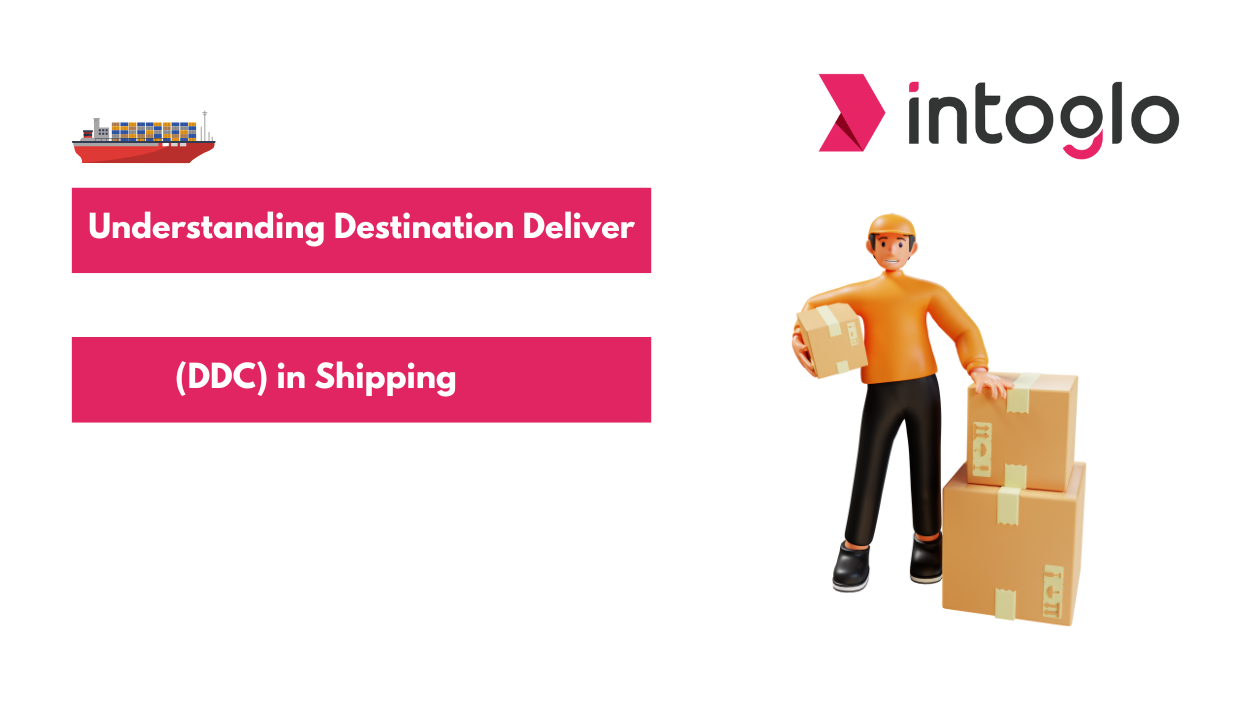
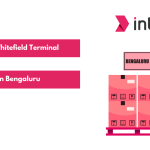
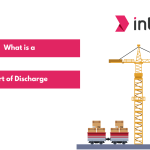
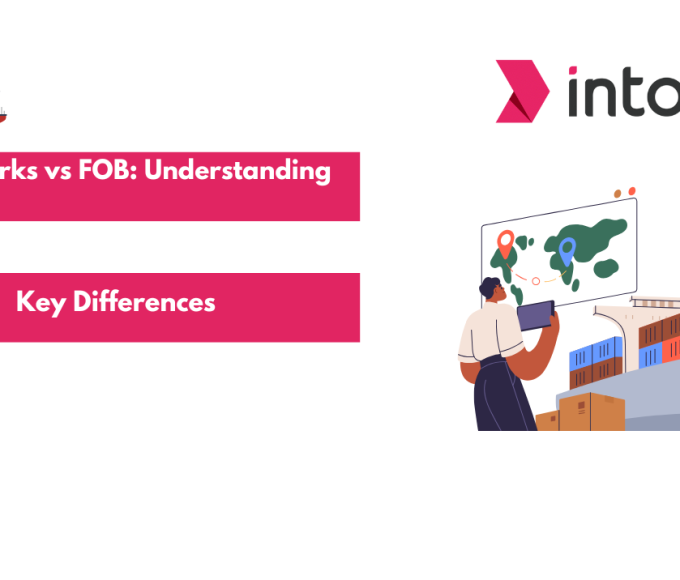
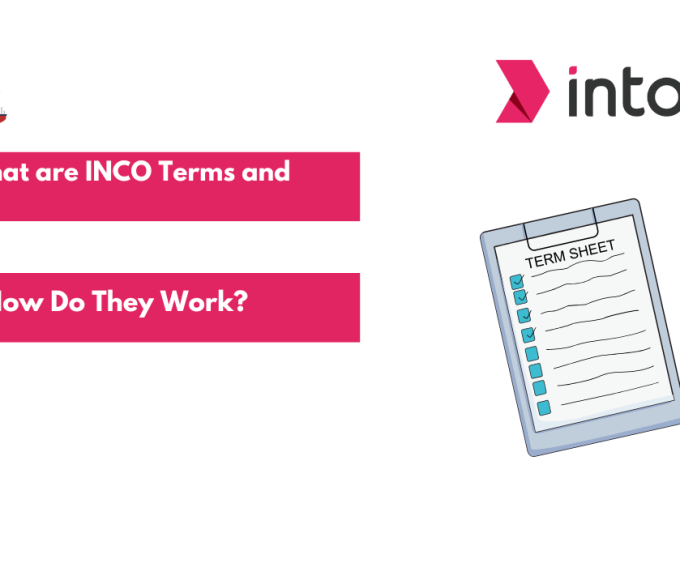
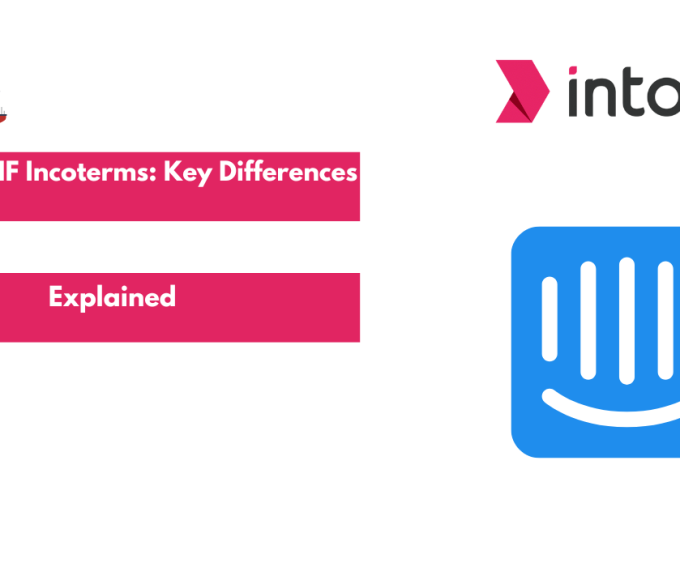
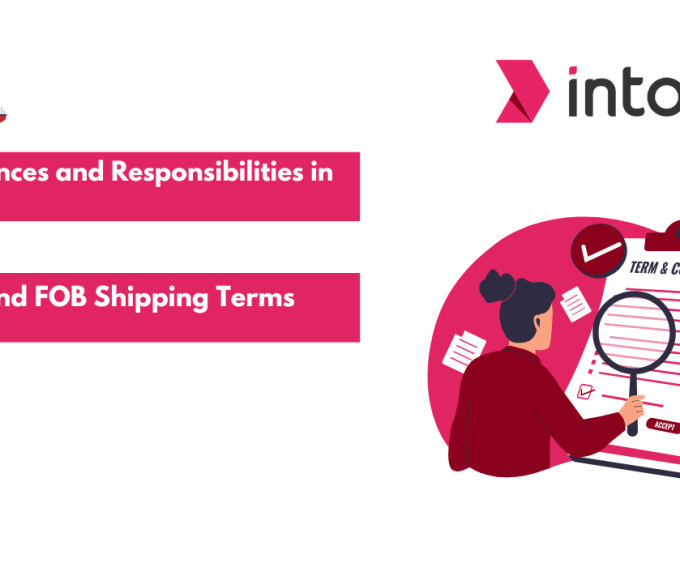
Leave a comment